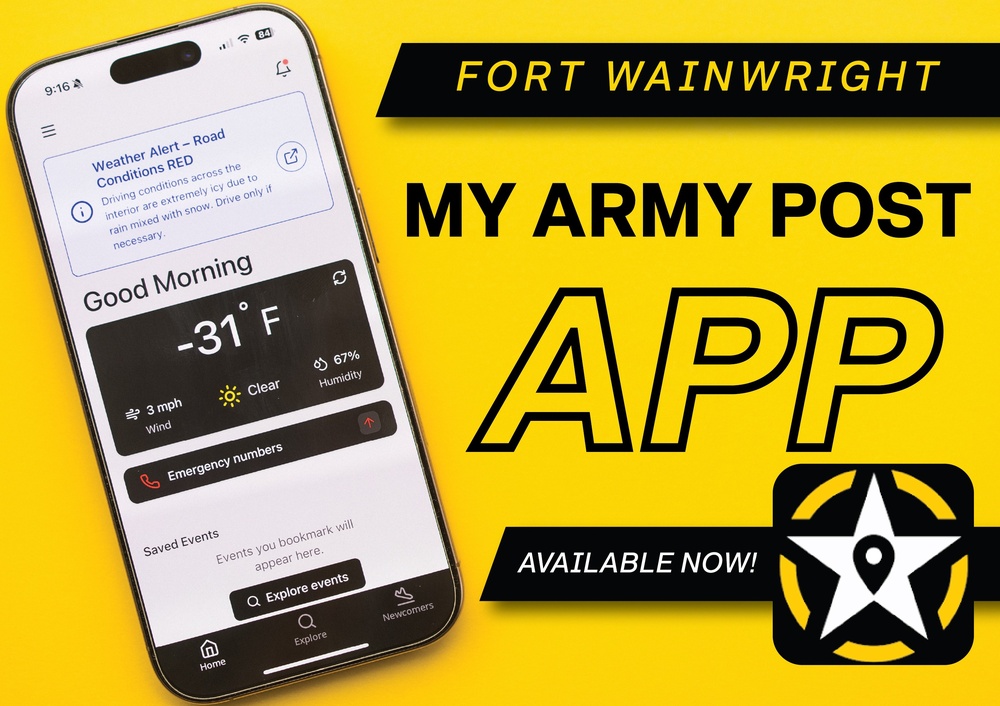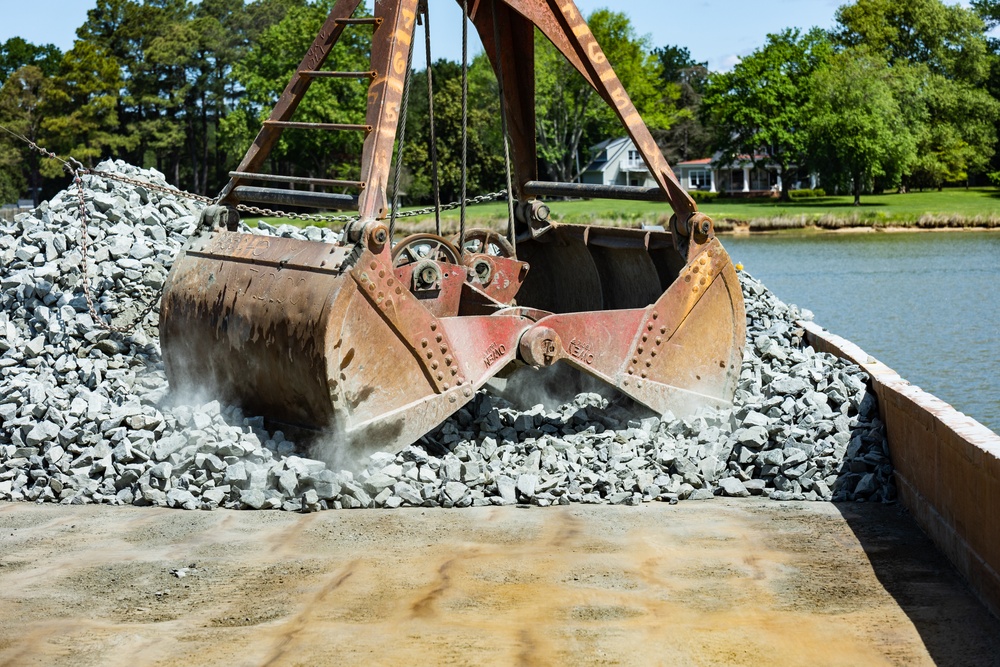DVIDS – News – Coast Guard hosts Rep. Matusmoto, receives National Safe Boating Week proclamation in Hawaii
HONOLULU — The Coast Guard hosted Rep. Lauren Matsumoto, of the Hawaii State House of Representatives, aboard the Coast Guard Cutter Ahi (WPB 87364) at Coast Guard Base Honolulu, Monday.
Rep. Matusmoto discussed National Safe Boating Week and Coast Guard operations with the crew before presenting a proclamation on behalf of the House.
Here are some tips to boat and use our waterways safely:
1. Wear a life jacket; they save lives. In Hawaii and Guam, boaters are required to have one Coast Guard-approved life jacket for each person aboard their vessel, and they must be in serviceable condition. Persons 13 years of age and younger are required by law to wear a life jacket at all times when in an open boat, on the deck of a vessel or when waterskiing.
2. File a float plan before you get underway detailing your trip to aid rescuers in the event you are overdue. Sample float plans are found at the Coast Guard Auxiliary website.
3. Take multiple forms of communication devices and extra batteries and chargers. Always remember, VHF-FM radio is the primary communications network for the maritime boating community. Enabling the Digital Selective Calling features on your VHF-FM marine radio can broadcast your location and information to every boat within range in an emergency. Also, consider a personal emergency beacon, and ensure current free registration with the National Oceanic and Atmospheric Administration at http://www.sarsat.noaa.gov/beacon.html.
4. Check all required safety equipment to be sure it is in good working order. Vessel safety checks by the Coast Guard Auxiliary are free. Trained examiners help boaters review their equipment and give advice about how to improve safety.
5. Check the weather. Be sure to look at the immediate weather forecast as well as the extended forecast; weather can change in the Pacific in a matter of hours. Be prepared for it. The National Weather Service offers local and statewide current and extended marine weather forecasts on their website, and broadcast on VHF marine-band radios.
6. Have supplies for inclement weather. Though the air may be warm and the sun shining, when condition change storm conditions are often colder. Wetsuits offer protection against hypothermia in the event of immersion in the water. Extra dry layers are also necessary. Thermal protection against the effects of shock can save your life.
7. Boat sober. Never boat under the influence of drugs or alcohol.
8. As a reminder, when boating or recreating near sealife such as whales, dolphins, and sea turtles, please slow your vessel and or board and give them a wide berth. NOAA officials in Hawaii have noted an uptick in the number of broken sea turtle shells recently. Mariners noting stranded or injured marine mammals should contact the NOAA hotline at 1-877-767-9425.
To find out more about Vessel Safety Checks visit: http://www.cgaux.org/vsc/ or http://www.safetyseal.net/
-USCG-
| Date Taken: | 05.21.2018 |
| Date Posted: | 05.21.2018 21:17 |
| Story ID: | 277817 |
| Location: | HONOLULU , HI, US |
| Web Views: | 110 |
| Downloads: | 0 |


 Private Internet Access gives you unparalleled access to thousands
of next-gen servers in over 83 countries and each US state. Your
VPN experience will always be fast, smooth, and reliable.
Private Internet Access gives you unparalleled access to thousands
of next-gen servers in over 83 countries and each US state. Your
VPN experience will always be fast, smooth, and reliable.

